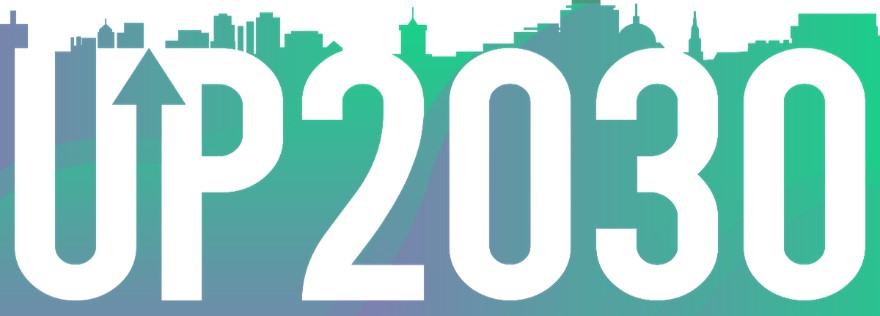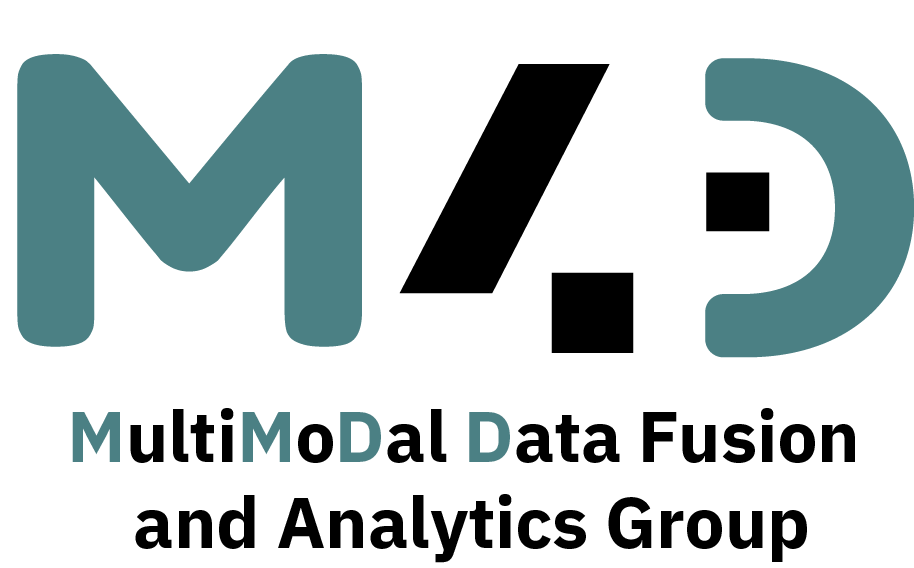
UP2030
Urban Planning and design ready for 2030
UP2030 aims to support cities in driving the socio-technical transitions required to meet their climate neutrality targets by leveraging urban planning and design. Within the project city stakeholders and local authorities will be supported and guided to put neutrality on the map of their communities in day-to-day actions and strategic decisions. An innovative methodology (5UP-approach) will be developed and applied through the co-development and implementation of science-based – yet practical – tools, and methods.
Inclusive participation is key throughout the project’s full cycle of activities so that real needs of communities are reflected in the city-specific visions, and co-designed interventions maximise delivery of co-benefits. As such, UP2030 will have a measured positive impact on spatial justice in the pilots and give the opportunity to citizens to participate in the transition by becoming agents of change themselves through their sustainable behavioural shifts.
UP2030 looks at mainstreaming the climate neutrality agenda using urban planning and design as a vehicle for also enhancing the liveability of urban communities. The emphasis on liveability will connect the urban planning and design approaches to the provision of multiple socio-environmental benefits, foremost at a neighbourhood scale. Prototyping is strategically focused on neighbourhoods, as they offer a critical scale for problem-solving, reinvestment, and climate innovation in cities. Testing at this scale will provide valuable lessons for city-wide upscale.
To drive city-wide impact, cities will need to go well beyond technical designs and piloting; UP2030 will empower local authorities to shape their innovation-enabling city environment through: a relevant policy framework, deliberate inclusive participation, shifts to sustainable behaviours, capacity building in city departments, new governance arrangements and financial facilitation. To this end, UP2030 will guide cities (stakeholders and local authorities) to deliver across the values of equity, resilience, neutrality, and sustainability.
M4D will lead the technical delivery of Story Maps in support of the scientific lead by VUB, as well as the use of social-media sensing for citizen opinions to feed the needs assessment and Story Maps. A key contribution will be towards tools and approaches that promote inclusive participation and spatial justice. Lastly, it will have a supportive role in pilot and demonstration activities.

